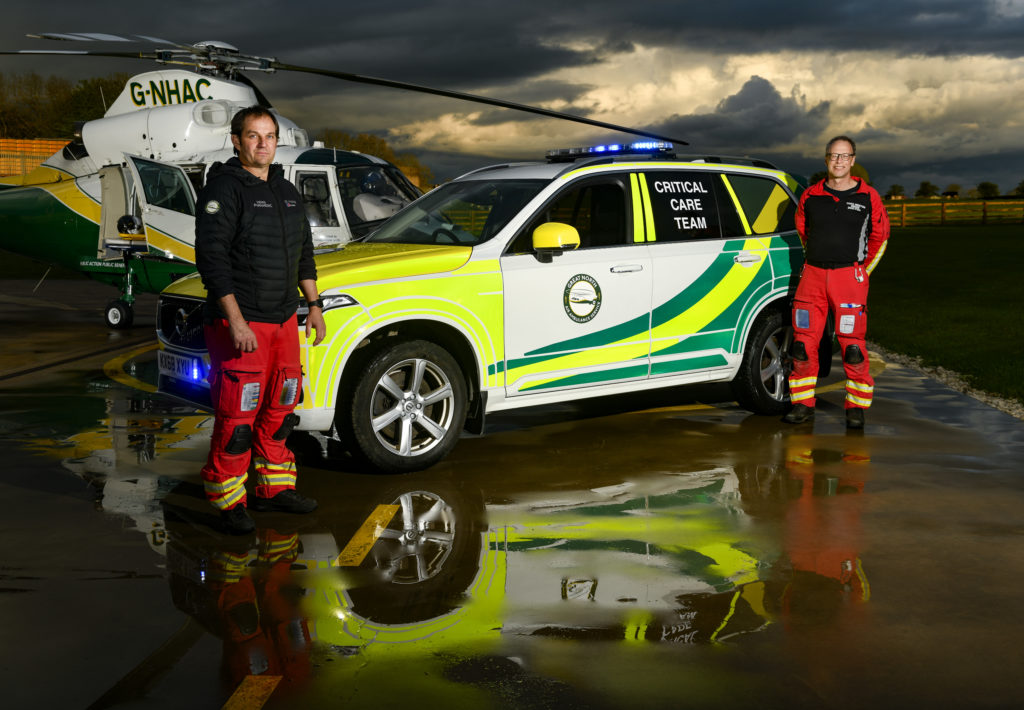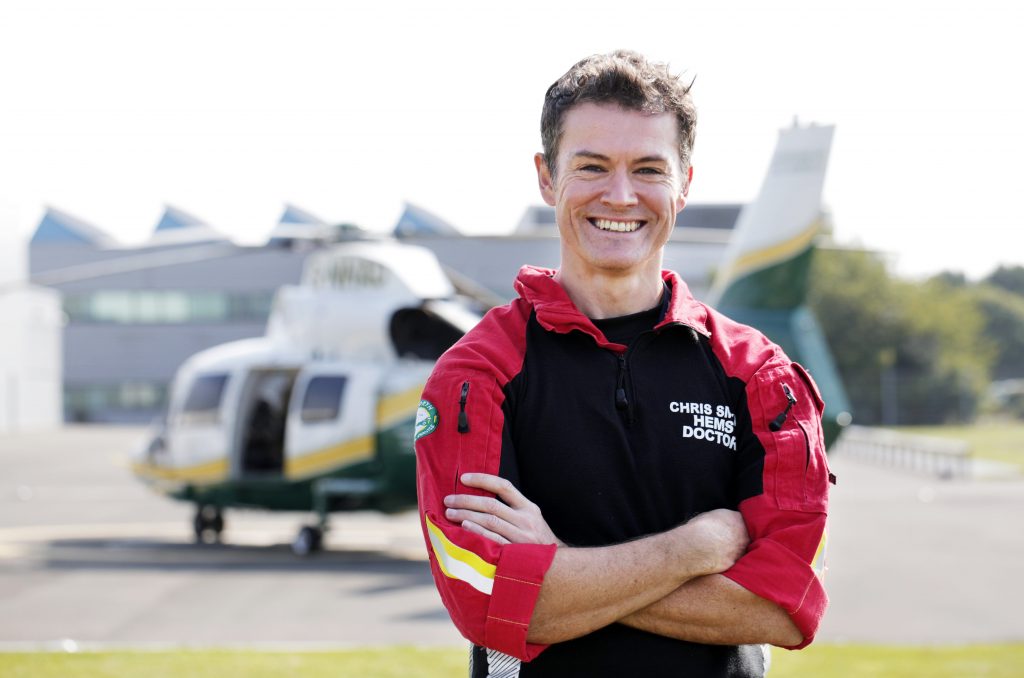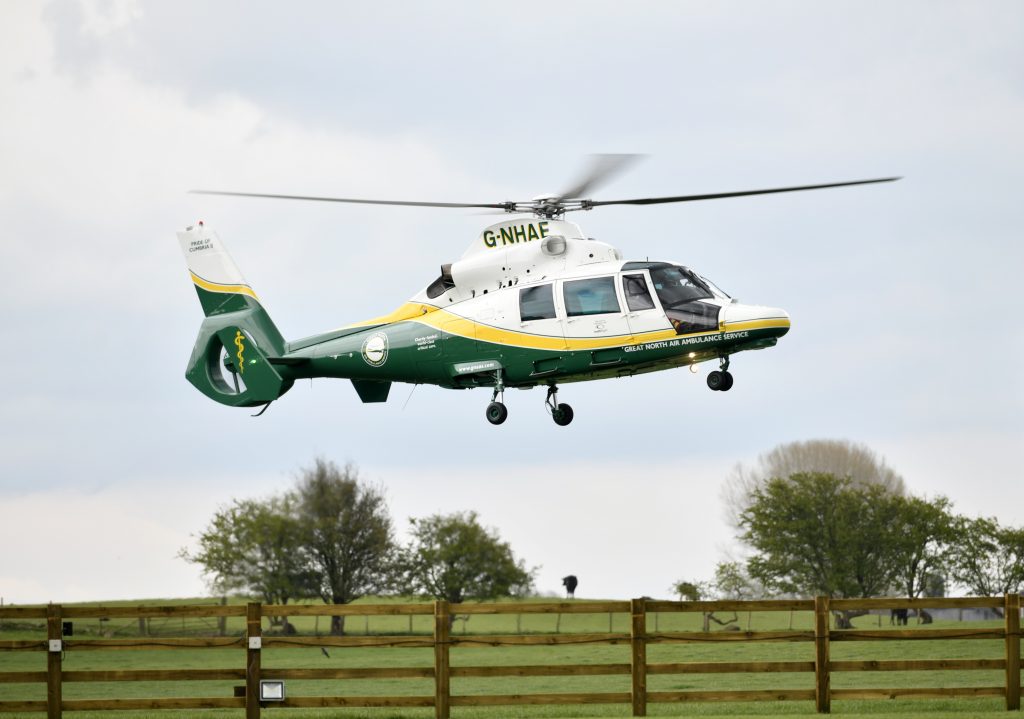
5-Sep-2022
Last year, the charity not only developed its service in Cumbria to cover 24 hours a day across the two busiest nights of the week but also began a long-term trial to transfer seriously injured or unwell patients by helicopter from the Isle of Man directly to the UK for emergency medical treatment.

GNAAS’s medical director, Chris Smith, said: “There is a definite need for more doctors within the organisation. We’re busier than ever and demands on the service are high.
“An expanded service means more night work and that means we need more doctors.”

The doctors, who all applied for the role through national selection, had to pass the charity’s rigorous assessment day which was comprised of a panel interview, clinical simulations, and written exams.
Dr Smith said: “We had over 80 applications, all of which were of a very high standard, and we had to whittle that down to 15.
“In the end, 10 doctors were selected. These 10 had the required experience, skillset, and approach needed to ensure we continue to deliver the best standard of care to our patients.”

Some of the successful candidates are currently commuting from the North West and Edinburgh to complete their shifts with GNAAS and will each take on about four shifts a month, working alongside the charity’s paramedic and pilot team.
At GNAAS, in order for the charity to keep developing the level of care it offers, it needs to keep recruiting specialist doctors who have an interest in pushing the established boundaries of Pre-hospital Emergency Medicine (PHEM).
Dr Smith said: “The doctors we’ve taken on all come from varied backgrounds.
“Some are already trained in pre-hospital emergency medicine and are based in hospitals around the country in emergency medicine or anesthesia roles and a few of them are from military backgrounds.”
The team of 10 will all follow the same gruelling ‘sign-off’ process as all GNAAS critical care staff and will work across the region from both the charity’s North East and North West bases in Teesside and Penrith.